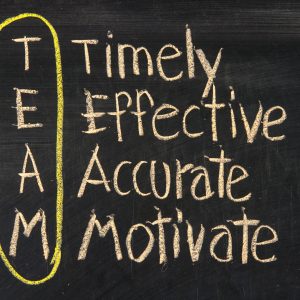Why Quality of Life Training is a Must for Direct Care Workforce
 Millions of older adults and people living with disabilities rely on the direct care workforce, and the numbers are growing at an enormous rate every single day. Sadly, we have undervalued the importance of the direct care workforce and ill prepared the critical need to provide quality of life and quality of care training. It's time to change the paradigm.
Millions of older adults and people living with disabilities rely on the direct care workforce, and the numbers are growing at an enormous rate every single day. Sadly, we have undervalued the importance of the direct care workforce and ill prepared the critical need to provide quality of life and quality of care training. It's time to change the paradigm.

 This is where people want to be.. home. It is time to examine changes needed for people stay safe and well with availability of appropriate care and services.
This is where people want to be.. home. It is time to examine changes needed for people stay safe and well with availability of appropriate care and services.


